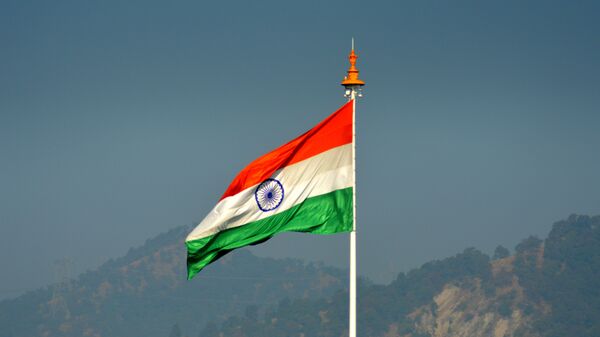According to the statement made during the third RCEP summit, 15 out of 16 parties to the talks concluded the negotiations on all 20 chapters of the future deal that is due to be signed in 2020.
"India has significant outstanding issues, which remain unresolved. All RCEP Participating Countries will work together to resolve these outstanding issues in a mutually satisfactory way. India’s final decision will depend on the satisfactory resolution of these issues," the statement said.
The RCEP negotiations, aimed at enhancing trade and investment activities in the region, were launched in November 2012 by leaders from 10 ASEAN member states and six ASEAN partner countries, namely Australia, China, India, Japan, South Korea and New Zealand.
The RCEP sometimes is viewed as an alternative to the Trans-Pacific Partnership (TPP), which was signed by Australia, Brunei, Canada, Chile, Japan, Malaysia, Mexico, New Zealand, Peru, Singapore, Vietnam, and the United States in February 2016. The deal never took effect as Washington withdrew from it in January 2017.

